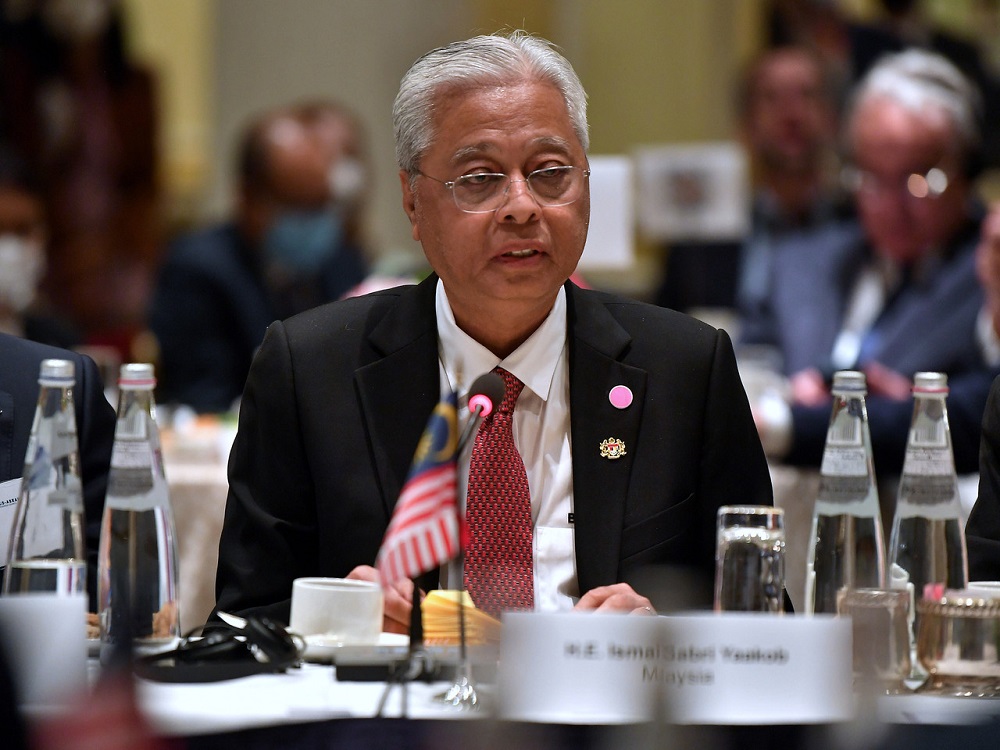KUALA LUMPUR, Sept 20 (NNN-Bernama) — As some parts of the world are grappling with extreme weather conditions, experts hope that Malaysian Prime Minister Ismail Sabri Yaakob would call on global leaders to take urgent actions on climate change at the upcoming 77th United Nations General Assembly (UNGA).
Professor and Executive Director of Sunway Centre for Planetary Health in Malaysia, Dr Jemilah Mahmood, said there is a need for solidarity at this time of crisis to lead the global transformation towards a new planetary economy.
“We need global leaders to say we need to lower temperatures, we need to put fossil fuels in the ground and leave them there.
“We need to quickly transition into a new form of economy. I hope that he (prime minister) will ring those alarm bells loud and clear,” she said on Bernama TV’s The Nation talk show, Monday.
Ismail Sabri is expected to address the 77th UNGA on Sept 23.
Jemilah said Malaysia has shown its commitment to Sustainable Development Goals (SDGs) with the establishment of a National SDG Centre, which was aimed at empowering and accelerating programmes for a better and sustainable future for the nation.
“There is no other centre like that in this region. So I think the prime minister needs to stand tall and proud to say that my country has invested in these and is committed because it’s in the 12th Malaysia plan. We need to show the world how it’s done,” she added.
Meanwhile, another expert, Peter Nicoll said Malaysia could position itself as a global leader in terms of renewable energy and the green agenda.
However, the global analyst said the key to sustainable development is the willingness of individual domestic governments to take up this agenda.
“Because the key to this is not actually the United Nations itself. They can highlight, they can give you the red flags, and they can give you the solutions.
“But really, it’s up to domestic governments, who have the responsibility to pick up what the UN has highlighted, and actually then be able to implement them in the domestic circumstances and countries,” he said.
— NNN-BERNAMA






